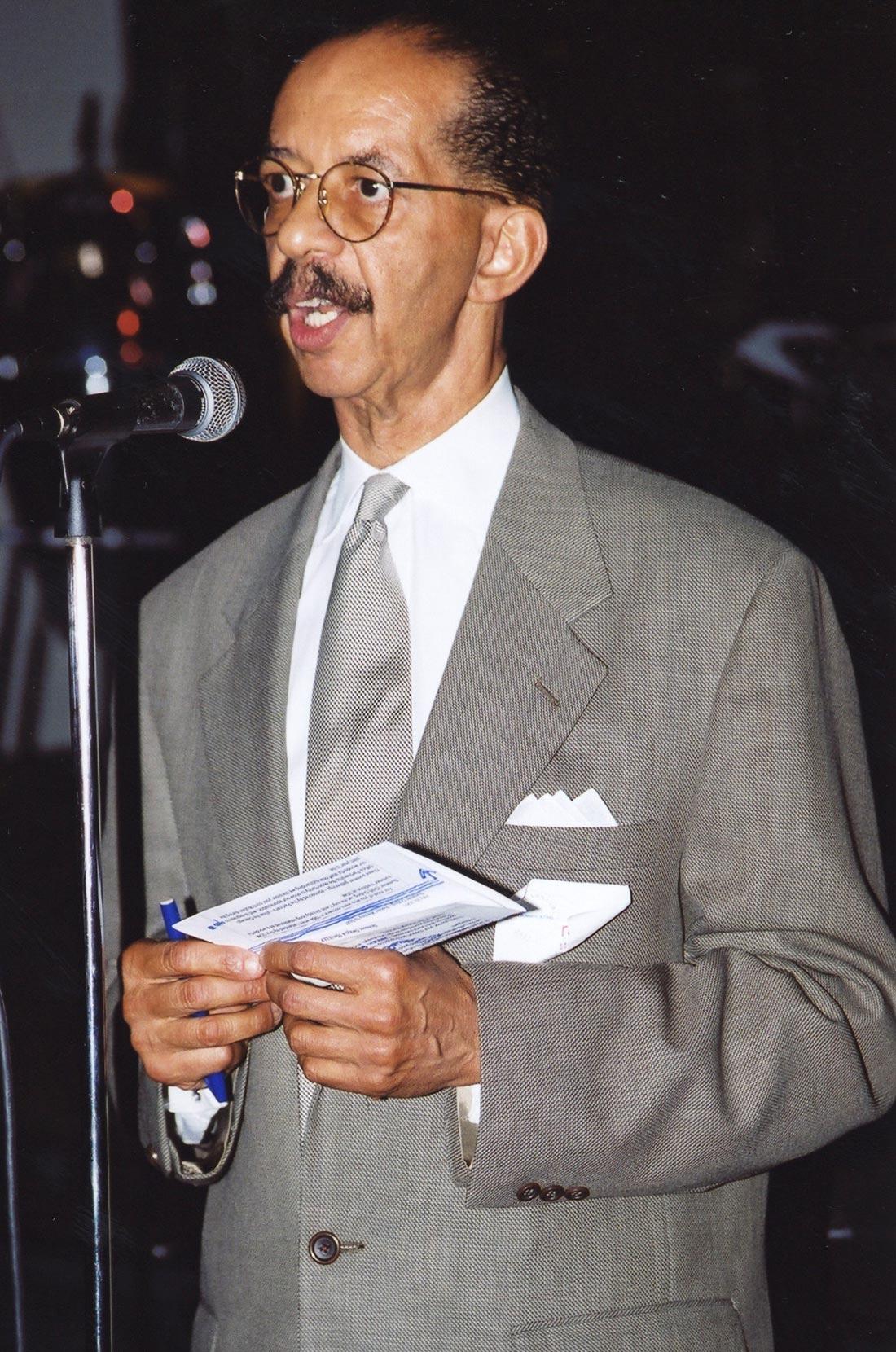A native of Memphis, Tennessee, Robert L. Wesley attended at the age of twelve the grand opening of a new office building where his mother worked as a stenographer for the African American-owned Universal Life Insurance Company. The building had been designed by McKissack and McKissack, an African American-owned and operated architectural firm located in Nashville, Tennessee. It was then that he knew that he wanted to become an architect.
He received his Bachelor of Science in Architectural Engineering from Tennessee State University in 1960. His first job with an architectural firm was with McKissack and McKissack, the same firm that started his quest to study and become an architect. This was during the summers of 1958 and 1959, while in his third and fourth year of studies. In 1962 he received his Bachelor of Architecture from the University of Oklahoma and a year later his Master of Architecture from the University of Oklahoma.
Wesley joined the Chicago office of Skidmore, Owings & Merrill (SOM) in 1964 and became its first Black partner in 1984. During his nearly four decades with the office, he worked on an impressive range of civic, commercial, entertainment, master planning, and infrastructural projects in the US and internationally, including Algeria, Australia, Canada, Mexico, and the UK.
As lead project administrator and liaison with clients, Wesley managed and coordinated the execution of several complex projects—working closely with the client’s representatives, the construction manager or general contractor, and special consultants to ensure each project’s successful completion.
Some of the major civic projects he worked on were the Toledo Museum of Art (Toledo, OH), Long Center for the Performing Arts (Austin, TX), The Art Institute of Chicago, Elmhurst College Performing Arts Center (Elmhurst, IL), Chicago Symphony Orchestra/Orchestra Hall, Sioux City Art Center, the Jazz Museum of Chicago, Northwestern University, and the University of Chicago. Major urban and infrastructural projects include the Lakefront Millennium Project (Chicago), O’Hare Collateral Land Planning (Chicago), Chicago Transit Authority, North Loop Redevelopment (Chicago), State Street Renovation (Chicago), Station Square Entertainment District (Pittsburgh), St. Louis Riverfront Entertainment District, and the Chicago International Entertainment District.
Wesley retired from SOM on September 30, 2001.


